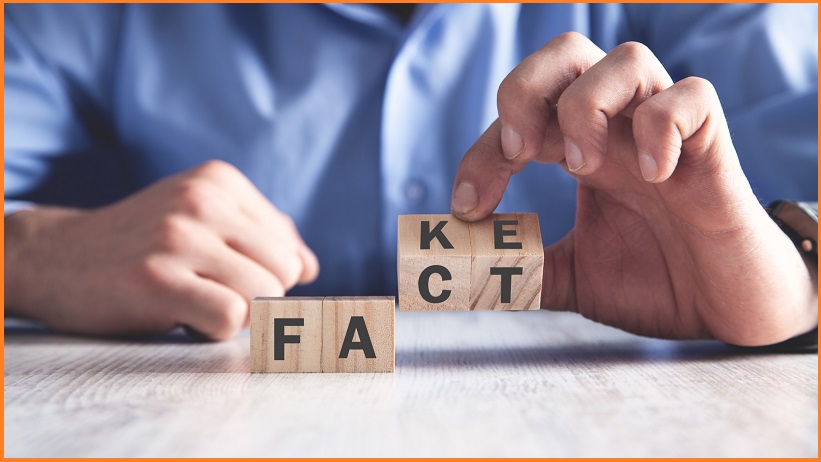Google has partnered with an Australian charity to launch a new toolkit to help young people identify misinformation online.
With a $1.4 million investment from Google, the Alannah and Madeline Foundation has developed and launched the New Media Literacy Lab, a toolkit providing school-aged students with the “essential skills to identify misinformation and stay safe online”.
The tool is being touted as the first dedicated platform for Australian students to develop “crucial critical thinking abilities for online environments”, and was developed with industry experts, academics and schools.
“This ground-breaking education program will draw on fictional narratives with real-life examples to help students identify trusted sources of information, understand the impacts of hate speech and avoid manipulation,” Alannah and Madeline Foundation CEO Lesley Podesta said in a Google Australia blog post.
“Media literacy skills are incredibly important for young people who can have a difficult time when it comes to determining fact from opinion. This means they can be more susceptible to misinformation, manipulation and hate speech.”
The toolkit is designed for students aged 12 to 16 and includes six modules that are gamified and youth-driven.
“This digital Media Literacy Lab will work to shape a generation of media-savvy Australians who are more skilled to see harmful activity for what it is, can better examine information and make more informed decisions,” Google Australia said.
According to the Alannah and Madeline Foundation, young Australians typically get their news from social media, family and television.
When on social media, only about half of people pay attention to the original source of the news, making misinformation particularly dangerous and effective.
Fifteen-year-old Solli Raphael is an ambassador for the Lab and said that it has been well-designed for younger students.
“The lessons in the Lab are really engaging,” Raphael said. “There’s not an information overload and it’s all clear and easy to understand. This will really empower young people.”
The Lab will set young Australians up to be able to better identify potentially harmful misinformation online, enabling them to make more informed decisions, Podesta said.
“Our Media Literacy Lab will work to shape a generation of media-savvy Australians who are more skilled to see this harmful activity for what it is, can better examine information and make more informed decisions,” she said.
The Alannah and Madeline Foundation is an Australian charity working to keep children safe. It has regularly partnered with Google on initiatives to keep children safe online. The New Media Literacy Lab builds on the eSmart Digital Licence, an online safety education program that now has more than 370,000 student registrations and was also funded by Google.
The launch of the new educational toolkit is timely, with misinformation and fake news becoming increasingly prevalent during the ongoing COVID-19 pandemic. There have been numerous high-profile cases of fake advice and medical information being posted across the internet and a rise in the risk of cyberattacks taking advantage of the coronavirus crisis.
Several social network platforms, including Twitter, are now including a fact check and link to verified information sources on posts about COVID-19. Since May, Twitter has labelled tweets containing misinformation surrounding COVID-19 with warning messages in an effort to “limit the spread of potentially harmful and misleading content”.
This new rule will apply to anyone sharing misleading information, including the likes of US President Donald Trump.










